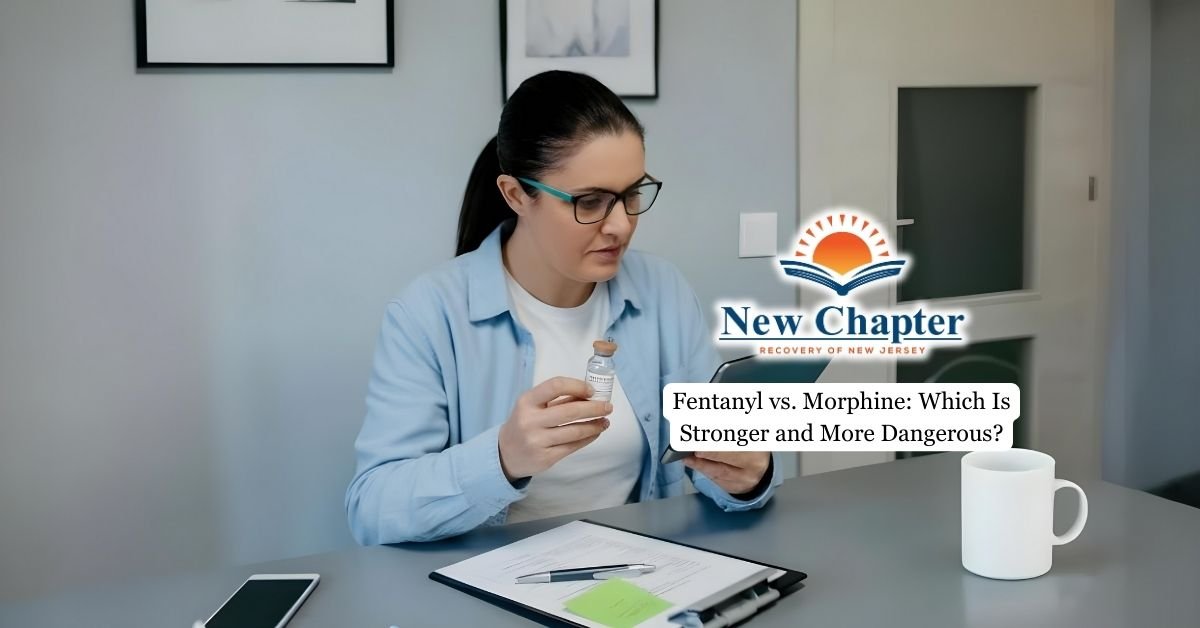Exercise is a valuable component in addiction treatment due to its ability to help manage cravings, establish a sense of routine, and offer stability during a challenging period. Its impact on the brain, resilience-building, and motivation is well-documented.
The physiological effects of exercise on the brain, such as the release of endorphins and dopamine, can help reduce cravings and improve mood. Additionally, engaging in regular physical activity can promote resilience by enhancing coping mechanisms and stress management skills.
Furthermore, exercise can foster connections and motivation through group activities or support systems within treatment programs. In summary, exercise plays a crucial role in addiction treatment by addressing both physical and psychological aspects of recovery.

Exercise Benefits in Addiction Recovery
Exercise is known to have significant benefits for individuals in addiction recovery. It plays a key role in the treatment of substance use disorders by aiding in relapse prevention and improving mental health. Studies suggest that engaging in physical activity helps reduce cravings, lowers relapse rates, and contributes to overall well-being. Additionally, exercise can alleviate symptoms of stress, anxiety, and depression, promoting better mental health. Regular physical activity has also been linked to improved sleep quality, cognitive function, and emotional regulation.
The social component of exercise is equally important in recovery. It fosters community building, facilitates relationship development, and promotes accountability, all of which are crucial for long-term sobriety and resilience to stressors. By incorporating exercise into their recovery journey, individuals can enhance their confidence, self-discipline, and overall quality of life.
How is Fitness and Wellness Incorporated in New Chapter Recovery Addiction Treatment Programs
At New Chapter Recovery, we recognize the critical role that physical fitness and wellness play in the journey to overcoming addiction. Our comprehensive treatment programs integrate exercise as a fundamental component, understanding that physical health significantly impacts mental and emotional well-being. We offer a variety of fitness activities tailored to meet the individual needs of our clients. These activities not only help in rebuilding physical strength and stamina but also serve as effective tools for stress reduction and emotional regulation, which are essential in maintaining long-term sobriety.
Our approach is holistic, combining evidence-based therapies with physical fitness to promote overall wellness. By incorporating regular exercise into our treatment plans, we aim to foster a balanced lifestyle that supports recovery. Our clients are encouraged to develop new, healthy habits that replace the destructive patterns of addiction. The benefits of exercise extend beyond physical health, contributing to improved mood, increased energy levels, and a greater sense of accomplishment. At New Chapter Recovery, we believe that nurturing the body is as important as healing the mind and spirit, and our fitness programs are designed to help our clients achieve a harmonious and fulfilling life in recovery.
Effects on Cravings and Structure
Exercise in addiction treatment has been shown to have a significant impact on reducing cravings for substances such as opioids, cannabis, and cocaine.
Engaging in physical activity can help individuals in recovery distract themselves from triggers and cravings, thus lowering the risk of relapse.
Additionally, structured exercise routines provide stability and accountability, helping individuals establish a healthy daily routine during recovery.
By incorporating regular physical activity, individuals can develop positive coping mechanisms and reduce stress levels, ultimately promoting overall well-being.
Embracing exercise as part of addiction treatment not only helps in curbing cravings but also contributes to a structured approach that supports the success of individuals in their recovery journey.
Social Engagement and Mood Improvement
Regular exercise has been shown to improve social engagement and mood by stimulating the release of endorphins.
Engaging in group activities such as fitness classes or team sports can help individuals in addiction recovery establish connections and a sense of community, fostering a supportive environment.
The endorphins released during physical activity act as natural mood enhancers, reducing feelings of anxiety and depression commonly experienced in recovery.
Exercise can serve as a healthy coping mechanism, providing a constructive outlet for managing stress and negative emotions.
Social support through exercise can boost motivation, enhance self-esteem, and promote accountability, leading to improved emotional well-being.

Brain Function and Relapse Prevention
Engaging in physical activity has been found to have a significant impact on brain function and can potentially reduce the risk of relapse in addiction recovery.
Regular exercise plays a role in restructuring the brain and may help in preventing the escalation of drug use by decreasing cravings and withdrawal symptoms.
Research indicates that integrating physical activity into addiction treatment plans can enhance brain functioning and support long-term recovery.
The neurobiological response of the brain to exercise is thought to be a key factor in lowering the likelihood of relapse during addiction treatment.
Building Resilience and Confidence
In the process of recovering from addiction, incorporating physical activity to cultivate resilience and confidence is crucial. Exercise therapy serves as a constructive way to manage stress, fostering resilience while also bolstering self-esteem and self-assurance.
Consistent engagement in physical activities helps in developing the necessary discipline and motivation vital for sustaining long-term recovery efforts. By building resilience through exercise, individuals are better equipped to confront and surmount challenges and setbacks during their recovery journey.
Physical activity as part of addiction treatment programs offers a sense of achievement, reinforcing positive behaviors and attitudes. By integrating exercise into treatment plans, individuals are arming themselves with valuable tools to navigate the complexities of addiction recovery and improve overall well-being.
Final Thoughts from New Chapter Recovery on Exercise and Addiction Recovery
In conclusion, incorporating exercise into your addiction treatment plan can offer a multitude of benefits that support your journey towards sobriety. From reducing cravings and providing structure to enhancing brain function and building resilience, exercise plays a crucial role in helping you stay on track in recovery.
Embrace the positive effects of physical activity on your mental and emotional well-being to boost your confidence, enhance your mood, and create a strong foundation for long-term sobriety.






